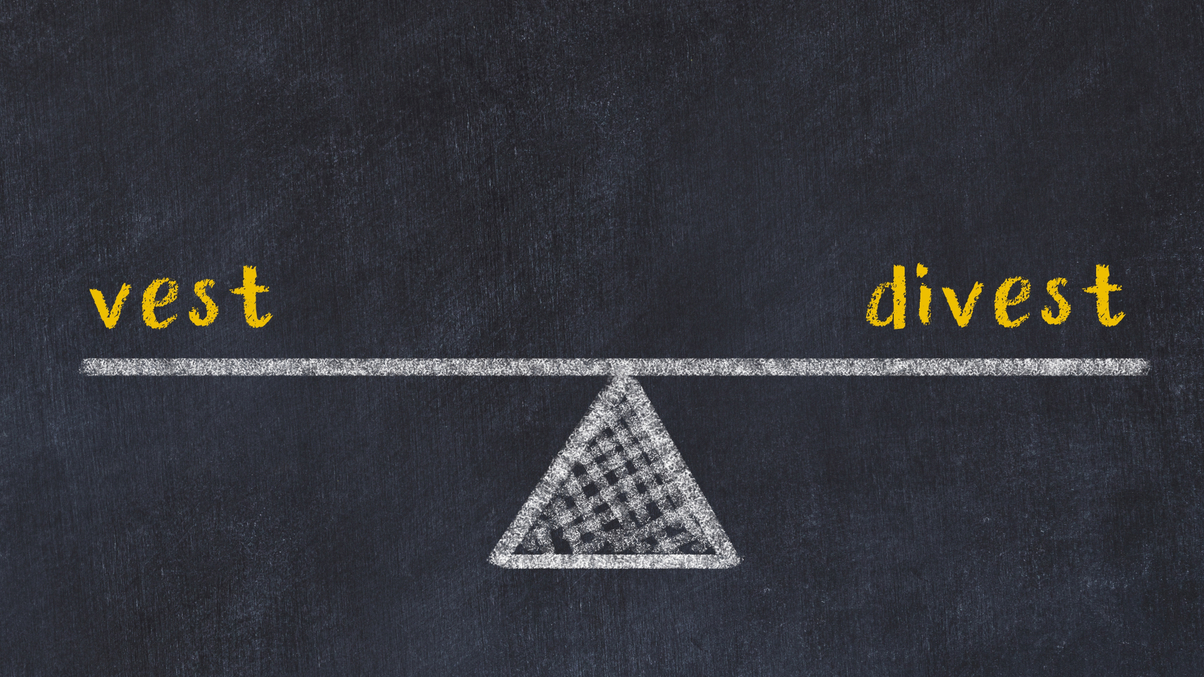AIA uses carrot and stick approach in ESG push
The Hong Kong-based insurer has both active ownership and divestment in its investment toolbox to drive sustainable development in Asia.

The insurance group AIA is pushing from all sides to achieve sustainability and environmental, social, and governance (ESG) progress in its investment portfolio. While the threat of divestment or exclusion has strong merits as a “stick” for driving change, active ownership in companies requiring improvement is gaining more traction.
Sign in to read on!
Registered users get 2 free articles in 30 days.
Subscribers have full unlimited access to AsianInvestor
Not signed up? New users get 2 free articles per month, plus a 7-day unlimited free trial.
¬ Haymarket Media Limited. All rights reserved.


